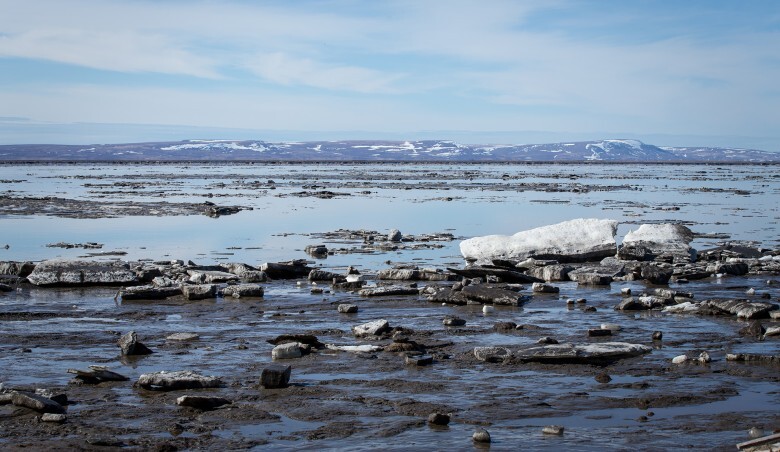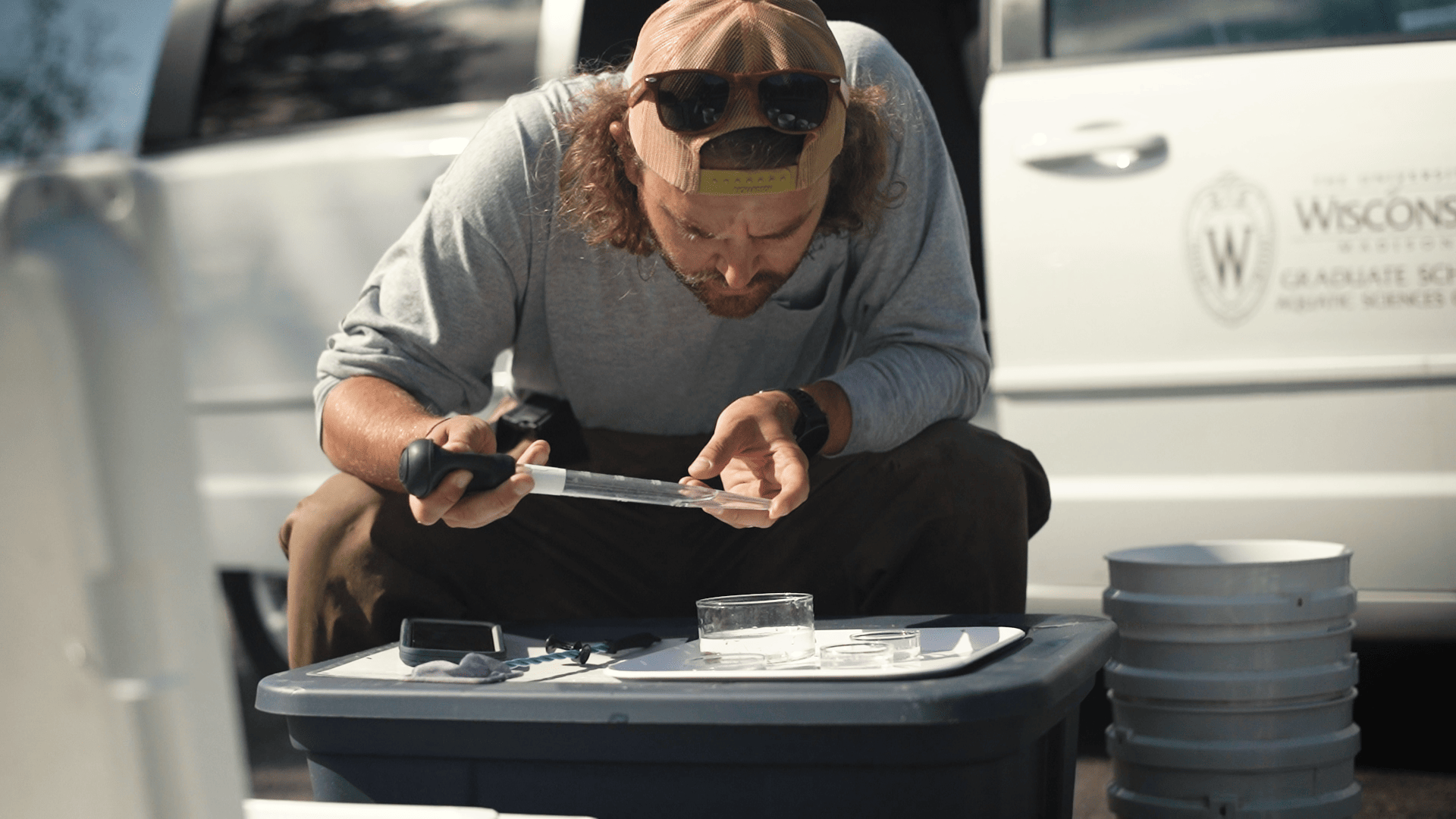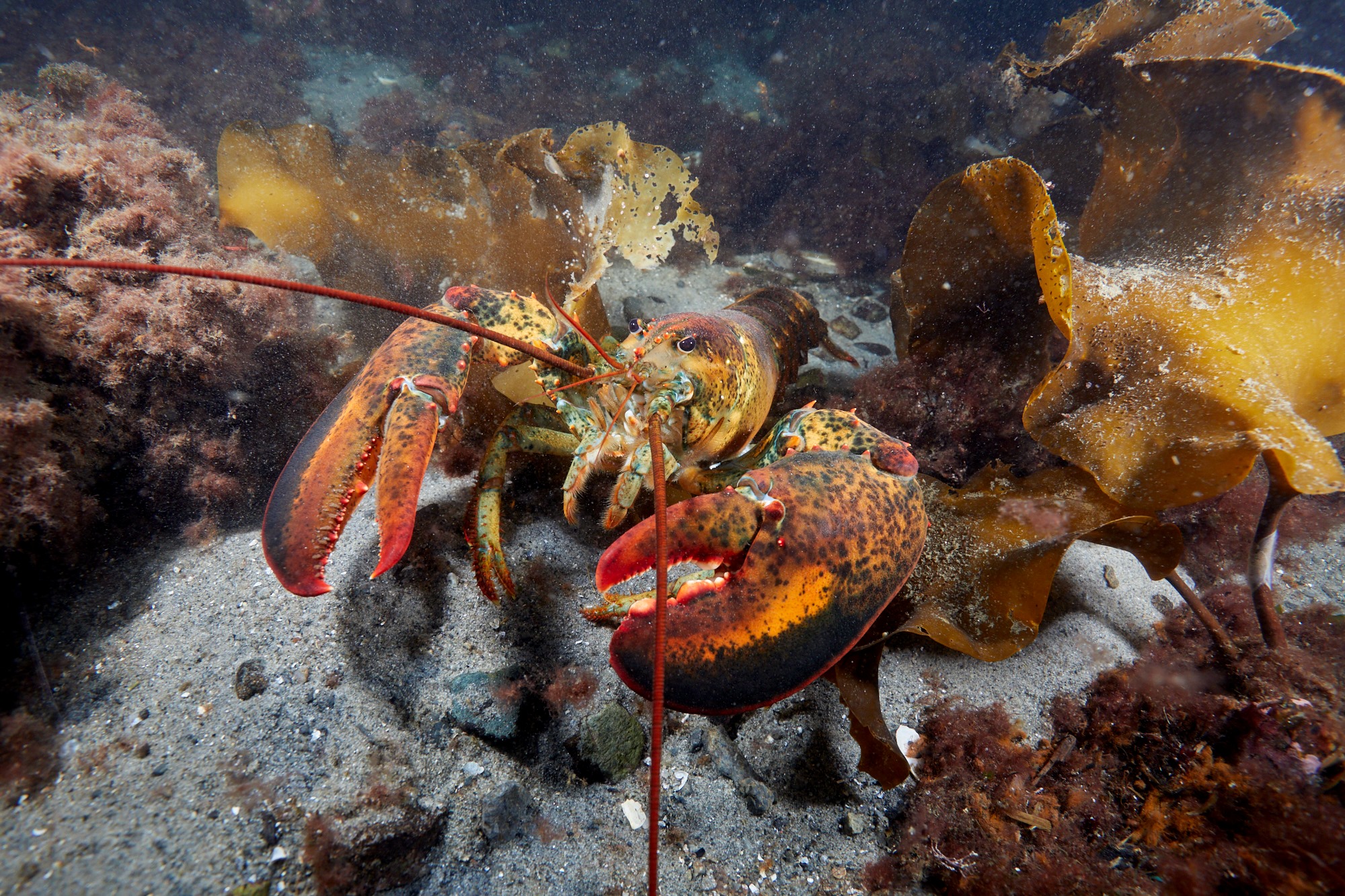The Stakes are Rising: Lessons on Engaging Coastal Communities on Climate Adaptation in Southern California was published in the Cities and the Environment journal in November 2017
Originally posted on the USC Sea Grant blog
USC Sea Grant has developed a robust stakeholder engagement process to help communities plan for the impacts of climate change along urbanized coastlines. They are part of a developing climate change adaptation service sector that is bringing science and technical training to community planners and policy-makers. Since they began this work in 2010, several challenges emerged, including identifying community information needs and barriers to planning, lack of state or federal guidance and funding, and building trust in an adaptive planning process among a diverse group of stakeholders.
The team found that approaching climate adaptation planning through a regional lens is critical. In Southern California, with large numbers of stakeholders and the intensely interconnected nature of geographies, communities, and economies, decisions made in one jurisdiction will undoubtedly affect its neighbors. Sea Grant’s reputation as a source for nonbiased scientific information and its long established relationships working across science, policy, and cultural boundaries put USC Sea Grant in a unique position within the region to build capacity across jurisdictions.
In 2016, USC Sea Grant analyzed their climate change adaptation outreach program to gain insights about its effectiveness. They share lessons learned in a paper published in the Cities and the Environment Journal in November 2017. The full paper is available here.
USC Sea Grant’s analysis revealed four primary lessons:
1) The Value of Place-based Organizations in Engaging Stakeholders
A place-based organization, such as USC Sea Grant, is one that has established relationships and cultural knowledge within a geographic area. They play a unique role in building capacity across jurisdictions and bridging the gaps among various community, science, and government stakeholders. This is a critical element to successfully pull in the appropriate partners for climate adaptation planning, to establish trust among stakeholders, and to engage stakeholders over time and ensure planning continuity as political leadership changes.
2) The Importance of Communications in Translating Science
The ever-evolving and complex nature of climate science can overwhelm stakeholders and stall progress, so it is important to emphasize key messages provided by the scientific information, rather than dive deep into technical details and methods. It is also important to determine effective and trusted messengers to deliver scientific information, employ a variety of communication methods and products, and help show stakeholders how to take the scientific information and make it actionable at the local planning level.
3) Adaptive Management is a Promising Approach to Help Communities Move Forward
Communities struggled with feeling that there is too much competing, and potentially conflicting, scientific information; and they continued to be stuck in the cycle of waiting for the “perfect” or “right” information before acting. We provide guidance to local communities in how they can utilize an adaptive management approach–use the best available science in planning efforts now, while building flexibility into their planning process to allow for evaluation and future modifications based on new scientific information.
4) The Value of Investments in Climate Adaptation
The lack of significant and sustained funding for adaptation will continue to limit progress, however, even modest investments made at the right time can be impactful. Our climate outreach program serves as a case study, where seed funding was leveraged into a robust regional program resulting in 19 Southern California municipalities indicating that they have initiated or made significant headway in adaptation planning; and spurred multi-million dollar funding investments from the state of California.
The team involved is hopeful that as adaptation-focused legislation and concepts of adaptive management mature and become embedded in coastal communities’ planning processes, many of the initial planning barriers identified by coastal communities will be addressed. Most importantly, with the stakes rising as quickly as they are, the team hopes that communities will seek out boundary organizations in their own regions, to whom they can turn for nonbiased, science-based assistance and continue to advance their adaptation planning goals in the years to come.
To read the full paper, please click here.
For more information about USC Sea Grant’s climate outreach program, please contact Alyssa Newton Mann, agnewton@usc.edu.


